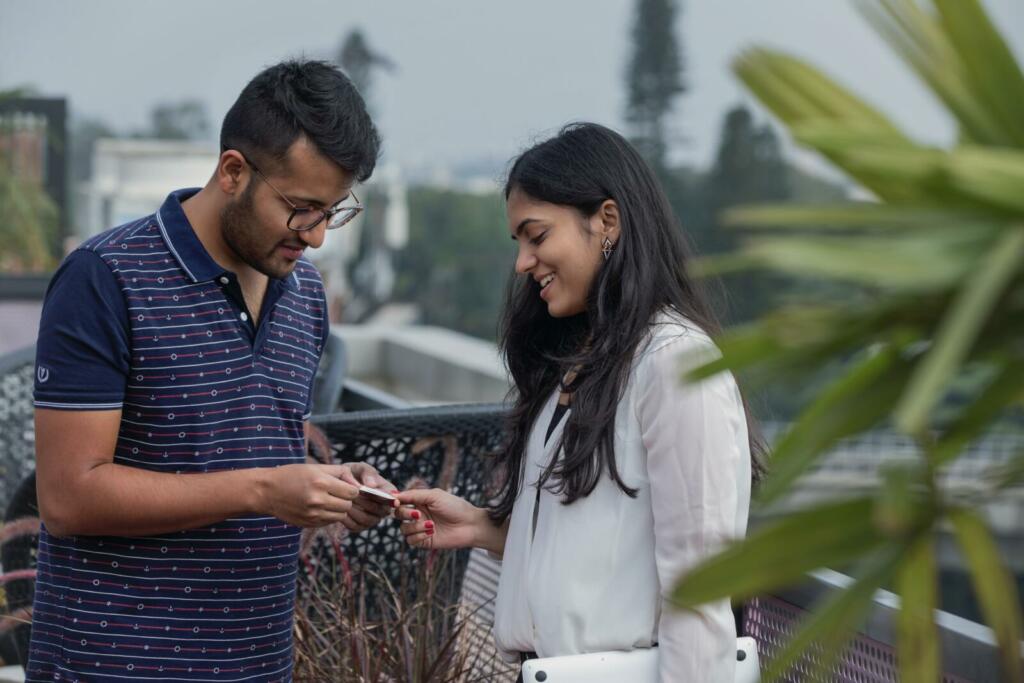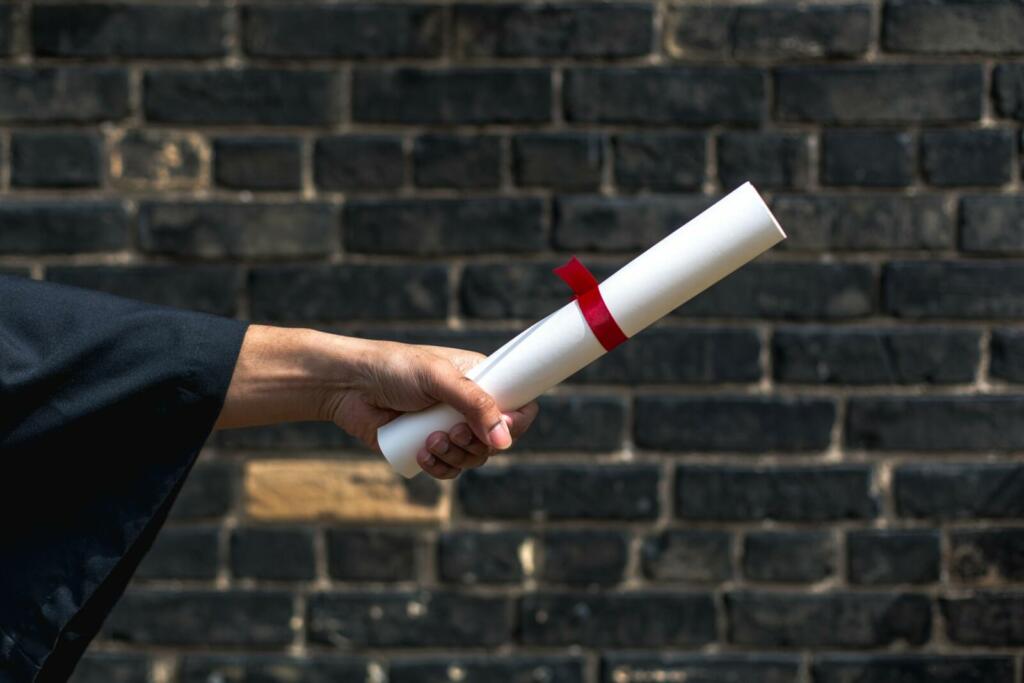In 2016, I graduated from the University of Toronto’s Dalla Lana School of Public Health with a Master of Public Health in Epidemiology. During my graduate training, I completed a 3-month practicum placement at WHO in Geneva, Switzerland. I am often contacted by students with questions about how to get this much-sought-after role, what to do when you receive an invite, and how to capitalize on the experience. This blog will address the latter two questions.
Read: Journey to Geneva (Part 1): An internship at WHO
What should you do when you receive an invite?
If you are at this point in your WHO journey, congratulations! Now you can start thinking about the type of work you will be doing, where you will live, and how you will survive in one of the most expensive cities in the world. Slight panic at this stage is expected, but don’t worry, it will all work out!
The first thing to expect is the Terms of Reference. This is an official document on WHO letterhead that is sure to have your blood pumping when you open it. The Terms of Reference will outline the purpose of the internship, as well as the objectives, activities, and deliverables. Depending on your team, your input into the terms of reference may be significant, or it may be minimal. Either way, the experience is what you make of it – more on this in the next section.
The Terms of Reference will also outline the next steps for obtaining a visa and a legitimation card. As soon as you receive this letter, contact your nearest Swiss Embassy or Consulate to find out if you will require a visa. As a Canadian, I applied for a 3-month work visa. This process was surprisingly hassle-free. I spoke with the Consulat général de Suisse in Montreal, and my application was submitted and received via mail. WHO will also provide a letter of support, which means the visa process is free.
Consider this a small win in an otherwise pricey journey. The legitimation card is received upon arrival at WHO and is another hassle-free process. Unfortunately, you can’t keep the card when you leave, so its keepsake potential is limited.
The Terms of Reference will also detail the internship community at WHO. The value of this community cannot be understated. It is packed with extremely helpful students who are full of advice and are eager to help. There are Facebook groups, websites, and newsletters all designed to assist you through this process. Where is a good area to live? How much should I expect to pay for housing? How much is a phone plan? Is there a student discount in the cafeteria? Do not worry – these are all questions that many have asked before. I could likely write a novel to address each of these questions, but here are some of the most valuable tidbits:
- Housing is extremely difficult to obtain in Geneva. Start searching for housing immediately after receiving your Terms of Reference. Look for student housing or use a reputable website like AirBnB. Ask your supervisor if they know of anyone renting a room or subletting an apartment. Finding housing might be the biggest challenge of your experience, but this is the same for everyone and creates a great bonding experience for interns.
- The cost of living is extremely expensive in Geneva. Start searching for travel awards, grants, and bursaries as soon as possible. It is not impossible to obtain enough money to cover most of your expenses.
- The WHO cafeterias are excellent, and there is a student discount that makes the daily specials semi-affordable. If you are really budget conscious, you can abide by the “2 CHF diet”. This consists of a delicious soup that costs a meager 2 CHF and comes with unlimited bread and cheese. Pile on the bread and cheese and save those extra Francs for travelling!
- Geneva is a very international city, and English is spoken widely. That being said, brushing up on some French is a great idea to make navigation a bit easier.
How can you capitalize on the experience?
Once you travel to Geneva, settle into your accommodation, and acclimatize to the amazingly punctual transit system, your focus should return to capitalizing on your experience.
As I mentioned above, your input into your Terms of Reference may be minimal. Although I was excited by the activities outlined in my own Terms of Reference, there were also some other experiences I wanted to focus on (e.g. analysis of surveillance data). In my conversations with my supervisors, I expressed my interest and was able to expand the scope of my work. If you express your interests early on, you will likely be given opportunities that may not have been included in your original paperwork.
Above and beyond your specific Terms of Reference, there are also many other amazing opportunities at WHO. For example, there are many lunchtime seminars from different departments. Attending these seminars is an excellent way to learn about the variety of work being done at WHO. There are also Executive Board meetings, the World Health Assembly, and various summits that may take place during your time at WHO. Ask to attend each of these events, as they will be a valuable part of your learning experience.
Are you interested in another department or team at WHO? Ask your supervisor to arrange a meeting with someone from that program area.
Are you interested in the work of the UN? Go and take a student tour.
Are you curious about the role of WHO in cancer research? IARC is a short train ride away in France.
Is there a WHO employee that is an alumni from your school? Make a connection on Linkedin and go for coffee.
Use your time to explore WHO and form a network.
In short, organizing and executing your own journey to Geneva will be challenging and resource-intensive. Once you are there, make the absolute most of it. Explore opportunities, make new connections, and use your free time for some European adventure. This is truly a once in a lifetime experience.
Wondering how to get an internship at WHO? Read Part I.






